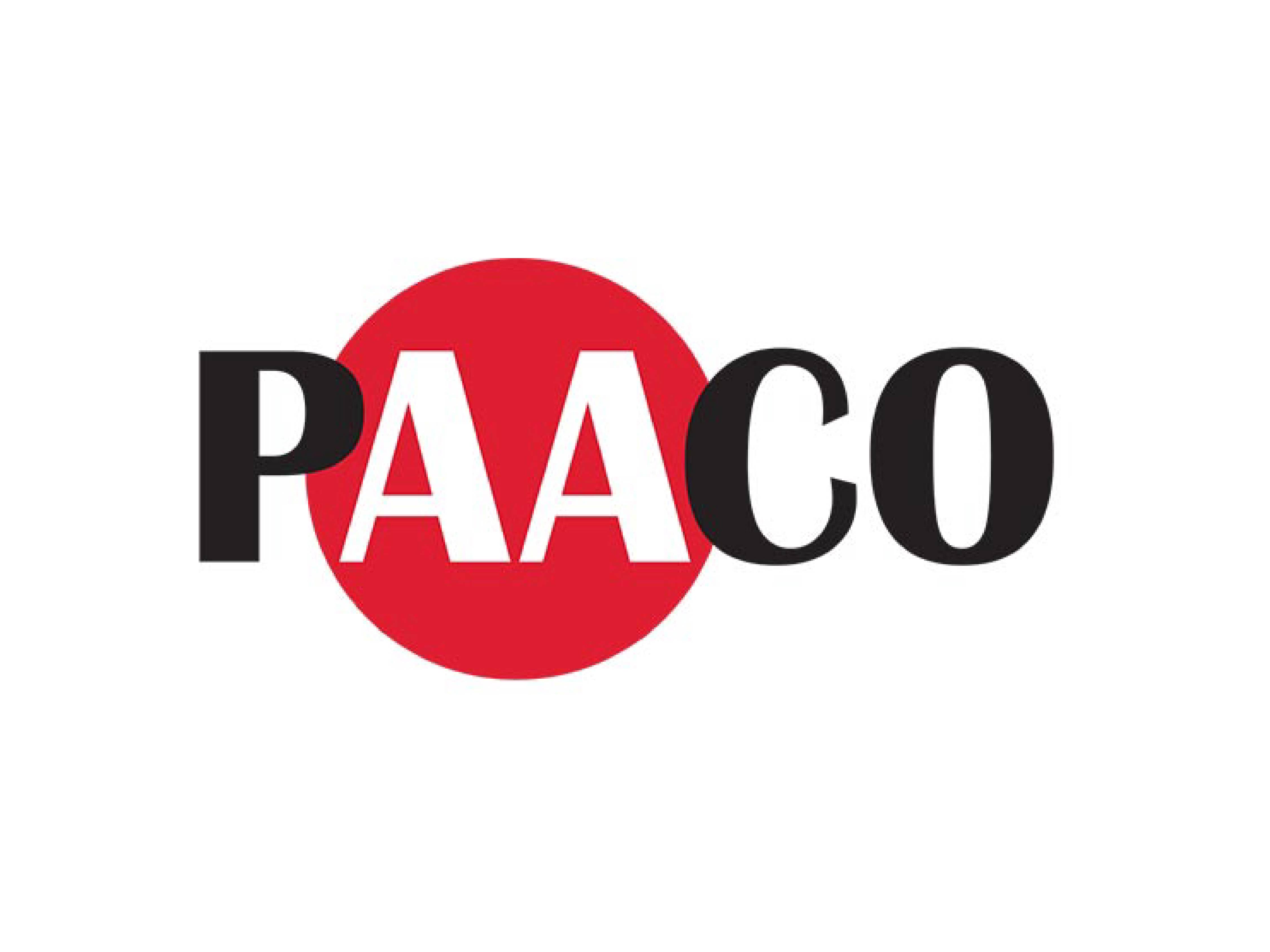PAACO BACKGROUND
Successful livestock, dairy and poultry producers and their related industry partners provide sound animal care on commercial farms and harvest plants. Most animal and meat producer organizations have guidelines that are consistent with sound science and a consideration of economic realities.
In the early 2000’s, food associations representing their retail and food service corporate members asked producer groups to develop and send species-specific guidelines for their review. After consideration of adoption of all or part of these welfare guidelines, the retail and food service companies had an expectation that plant and on-farm audits of farm animal welfare would begin.
Many species groups have some degree of well-being programs in place, ranging from educational to auditable:
SWINE
The National Pork Board has evolved several programs into the current Pork Quality Assurance Plus (PQA+) program, which is designed to cover best management practices and welfare. In addition, they have a Transportation Quality Assurance (TQA) program in which transportation welfare is addressed through training and certification of transportation is offered. Recently, they facilitated the development of the “Common Swine Industry Audit” involving producers, pacers, customers and other stakeholders.
MEAT PACKERS
For many years, the North American Meat Institute (NAMI) Foundation has developed and revised a meat plant slaughter audit covering cattle, swine and sheep from delivery to the plant until death. This is widely utilized by their industry and customers.
DAIRY
There are multiple assessment and audit programs in this industry. They range from educational to verifying welfare practices.
POULTRY
Welfare audits exist in all three areas:
• Layers — United Egg Producers has a longstanding well-being program covering cage and cage-free production styles. A large majority of table eggs is covered by their annual audits from layer placement through de-population.
• Broilers — National Chicken Council developed a management and production audit in 2004 covering from hatchery to slaughter. This audit is used as the primary basis of specific customer audits in their industry.
• Turkey — National Turkey Federation has had a Guidelines and Audit tools in place for several years (revised every two years) that is widely utilized by their production companies and customers.
BEEF CATTLE / FEED LOTS
The National Cattlemen’s Association and its state affiliates use the Beef Quality Assurance program as their educational tool. The beef industry is working to organize its guidelines and audit programs.
In 2016, the Alberta-based National Cattle Feeders Association launched an audit tool developed by stakeholders in this area of cattle production. The audit covers from delivery of cattle to feed yards to load out to packers.
GENERAL
Professional animal science and veterinary organizations have direct interest in and expertise in farm animal welfare. Among the species-specific veterinarian organizations are the American Association of Swine Veterinarians (AASV), the American Association of Bovine Practitioners (AABP) and the American Association of Avian Pathologists (AAAP). In addition, the research, teaching and extension expertise of the members of the animal, dairy and poultry science associations — American Society of Animal Science (ASAS), American Dairy Science Association (ADSA) and Poultry Science Association (PSA) – and the American Registry of Professional Animal Scientists (ARPAS) bring immense resources to the topic of animal care and handling. These organizations have supported and contributed their expertise to pork, dairy, beef and avian health, quality and care assurance programs.
The process by which harvest plant and on-farm animal welfare auditors are qualified, trained and certified continues to be developed. Many groups and PAACO require the plant and on-farm auditors and audit firms to have specific qualifications, experience and abilities. The organizational members of PAACO are professional, independent, science-based groups that have come together to initiate training and certification for on-farm and harvest plant auditors.

